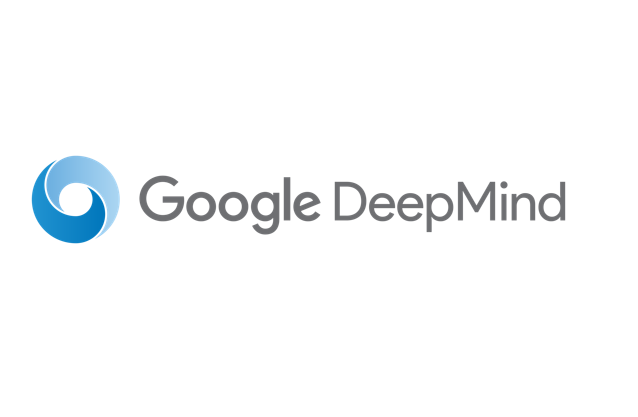Google DeepMind's blockchain for NHS health data to ease security fears

Google's DeepMind Health is to develop a blockchain-like technology capable of securely tracking NHS patient data.
Revealed in a blog post, the company's Veritable Data Audit programme is looking to use the highly-touted technology to improve both patient data safety and auditability.
Blockchain is regarded as a highly promising database system due to its unmatchable security and ease of data sharing capabilities.
Each separate part of a patient's health data is stored in separate 'blocks' of a complete whole to which extra data can only be added and not amended or deleted. Each time a piece of data is accessed, a time stamp is taken and a reason why it has been accessed, giving a full, reliable history for each piece of patient data.
DeepMind's version will differ in parts to traditional blockchain technology, most notably in the lack of a 'chain'. Instead of a single, flowing series of patient blocks, DeepMind's iteration will be tree-like, with each data block associated with a branch. Each piece of data is given a unique "cryptographic hash" which takes into account all prior entries. An alteration of any piece of data before it will alter the cryptographic hash, essentially making data tampering impossible.
DeepMind's blockchain will also allow for the NHS or its hospitals to verify their datasets – unlike traditional blockchain which relies on decentralised verification from a group of participants. According to DeepMind, both differences will make the system more efficient.
The security of data is particularly important in healthcare, where the risk of confidential patient data being hacked or leaked is a major concern.
Last year DeepMind signed a deal with three NHS hospitals in north London, giving it access to the healthcare records of 1.6 million patients, in order to carry out pilot-stage research programmes.
However in May, the UK Information Commissioner's Office (ICO) launched an inquiry into the agreement, after at least one complaint raising concerns about data security.
DeepMind has already responded to these concerns with reassurances about its data security policy, but the investment in blockchain will help bolster these claims.
The new project feeds into its existing collaboration, which centres on improving eye condition diagnosis, radiotherapy planning and cutting paperwork.
Also highlighting the ease of sharing and verifying data, the company says the end goal is an improved version of the "humble audit log: a fully trustworthy, efficient ledger that we know captures all interactions with data, and which can be validated by a reputable third party in the healthcare community."
Blockchain is already being investigated by the FDA in partnership with IBM Watson initially in an oncology setting. The project is looking at how best to exchange data gathered from multiple owner mediated data sources such as Electronic Medical Records, clinical trials, genomic data, mobile devices, wearables, and Internet of Things technologies.











